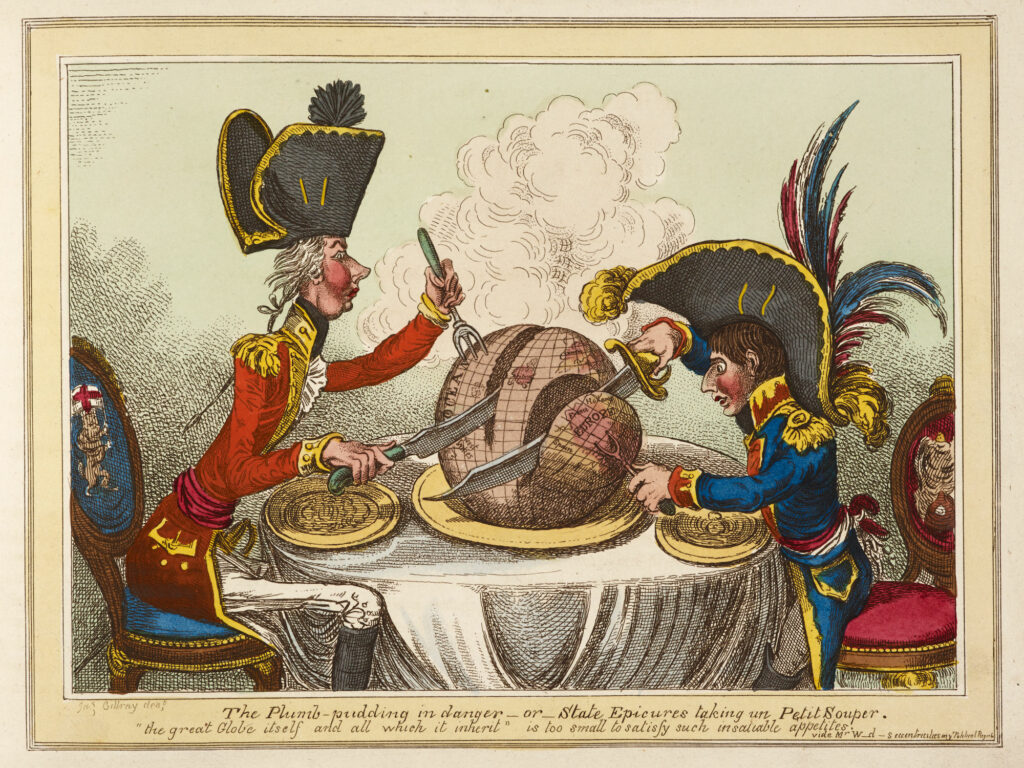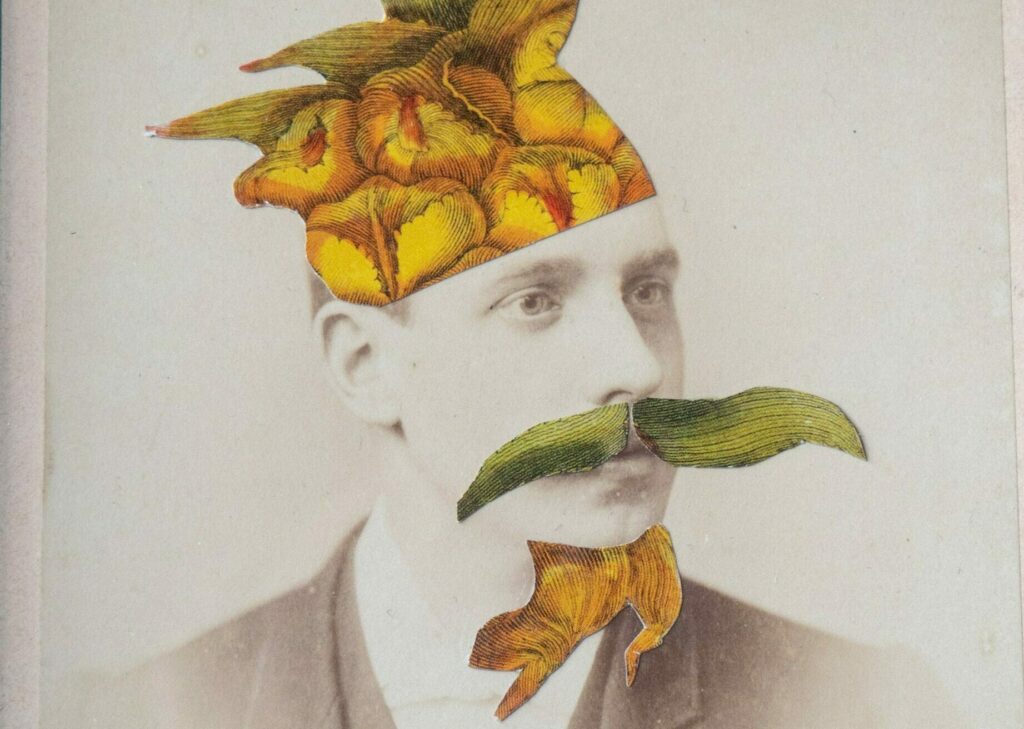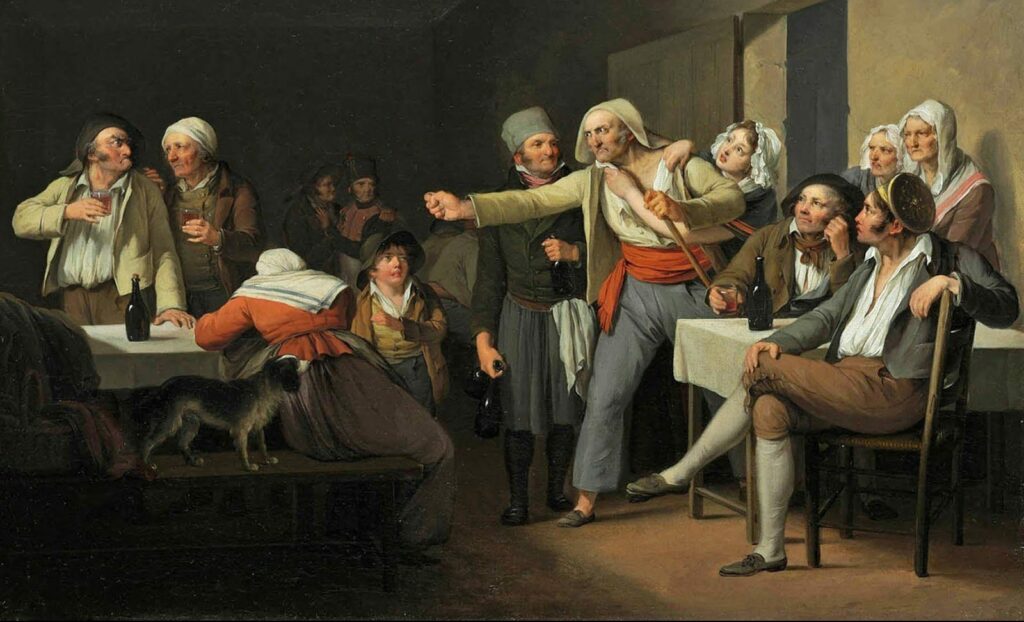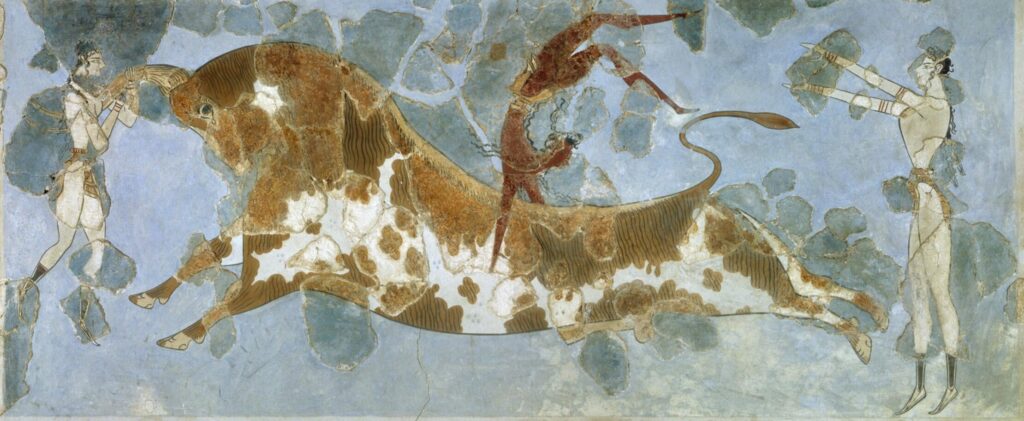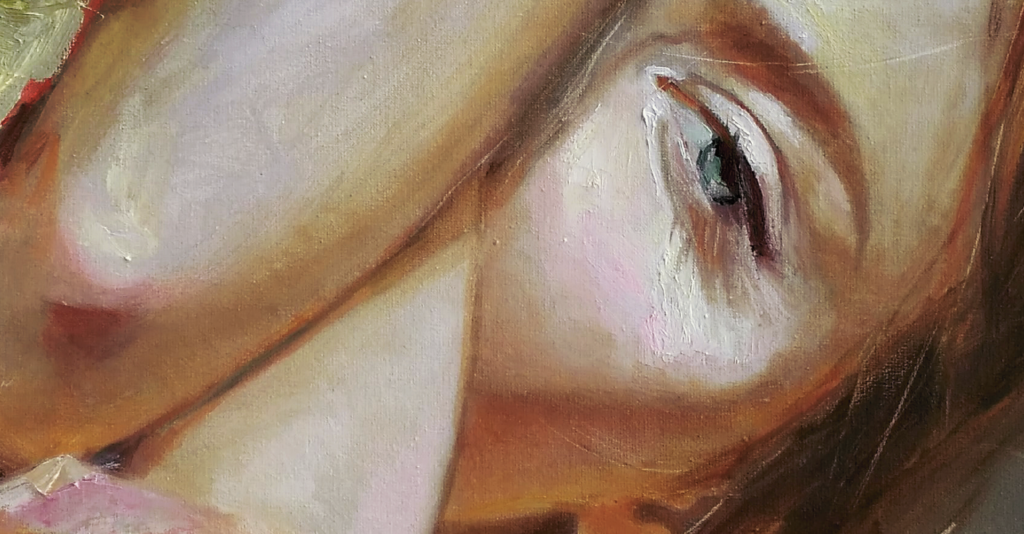Fiction
Learn to Write! 8 Tips on Learning How to Write
If you’re here, you want to learn to write—whether that’s poetry, fiction, nonfiction, or something in-between. Learning to write is a process, one that requires consistent hard work and determination—and perhaps some magic! But, as with any other skill, it’s important to work hard on the right thing. Instead of providing a list of pointers…
Read MoreSatire Definition: How to Write Satire
If there’s any genre of literature designed to make fun of humankind, it’s satire. In both prose and poetry, writers have employed satirical techniques as far back as Ancient Egypt, utilizing the conventions and elements of satire to write about our follies. Satire writing has become more popular in recent years. This is partially due…
Read MoreProtagonist Definition: How to Create the Perfect Protagonist
If you’re writing any kind of fiction, from a short story to a screenplay, your story has a protagonist. This is the character or characters around whom the story centers. Without a well crafted protagonist, the rest of the story falls short, so careful consideration of a story’s protagonist(s) is crucial to effective storytelling. In…
Read MoreInterview: Barbara Henning’s “Ferne: A Detroit Story”
Equal parts biography, fiction, and an ode to family and Detroit, Barbara Henning‘s Ferne: a Detroit Story captures the Midwestern magic of mid-century Michigan. Barbara retells the life of her mother, Ferne, through a series of vignettes, news clippings, photographs, and biographical details, fleshing out the contours of Ferne’s life from the 1920s through the 50s.…
Read MorePun Intended: A Look at Pun Examples in Literature
What do you call a sandwich made of wordplay? A pun-ini. The English language abounds with pun examples in literature. From Chaucer to Shakespeare, from the Romantics to contemporary poetry, writers have twisted language to explore new (and often hilarious) possibilities with words. We generally consider puns to have humorous intent. However, The pun in…
Read MoreHow to Start a Story: Examples and Inspiration
It happens to the best of us: you open a new word document, you’re faced with the many possibilities that a story can take, and then you realize you don’t know how to start a story. Or you do know, but you’re not sure how to start this story. Or you know exactly what this…
Read MoreHow to Write Dialogue in a Story
Writing dialogue in a story requires us to step into the minds of our characters. When our characters speak, they should speak as fully developed human beings, complete with their own linguistic quirks and unique pronunciations. Indeed, dialogue writing is essential to the art of storytelling. In real life, we learn about other people through…
Read MoreStatic Characters vs. Dynamic Characters: Definitions and Examples
You can categorize the people that populate your stories as static and dynamic characters. These categories correspond to character development: if they’re a changed person by the end of the story, they’re a dynamic character; if they haven’t changed at all, they’re a static character. There are many other ways to categorize characters—flat and round,…
Read MoreWhat is a Narrative Poem? Definition and Examples
Writers who want to set their stories in verse may be interested in the narrative poem. One of the oldest literary art forms in the history of written language, narrative poetry puts plot to poesy, combining the art of storytelling with the techniques of poetry writing. So, what is a narrative poem? To answer that…
Read MoreInterview: Antonia Angress, Author of Sirens & Muses
Sirens & Muses, Antonia Angress’ forthcoming novel from Penguin Random House, follows the fates of four artists as each is unexpectedly thrust into the cutthroat New York art world. All must struggle to find new identities in art, in society, and amongst each other. In the process, they must find either their most authentic terms…
Read More

